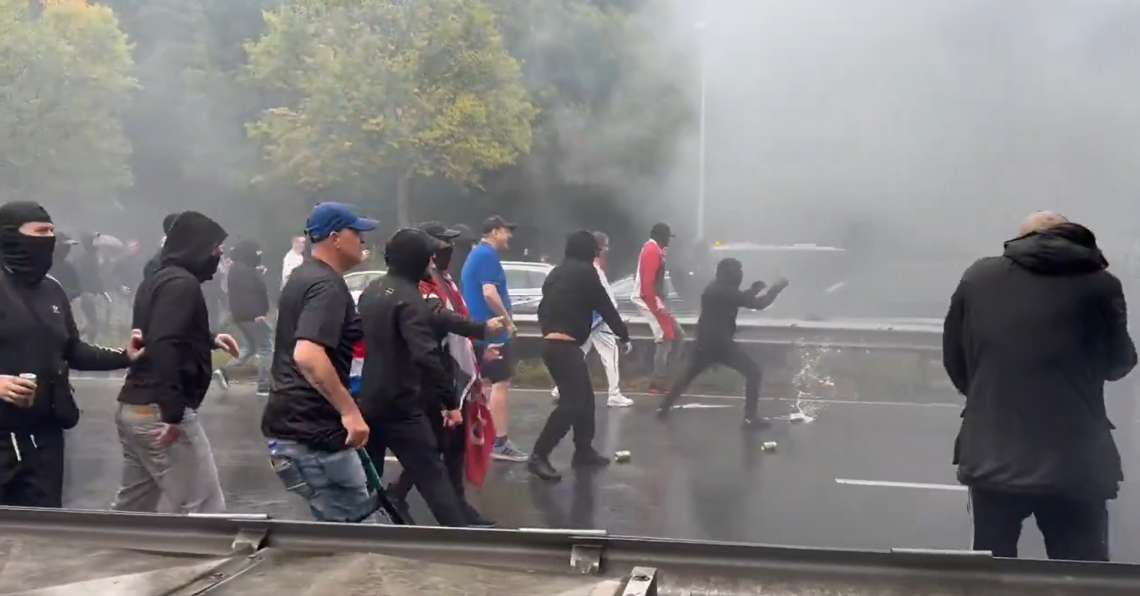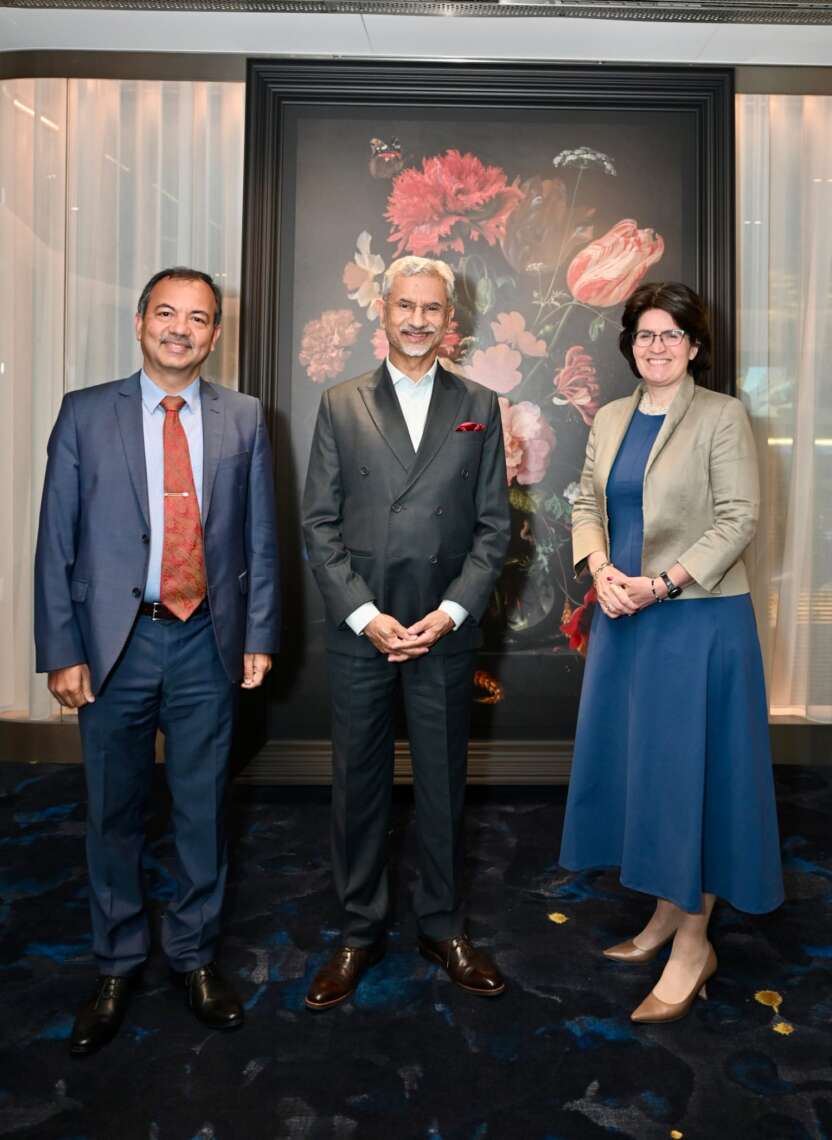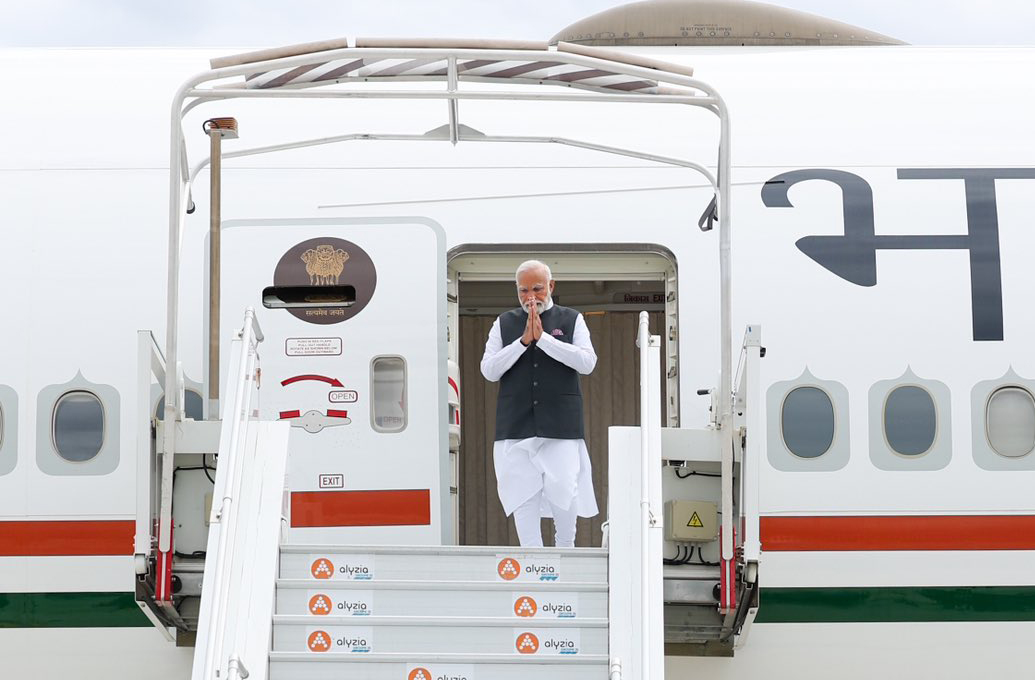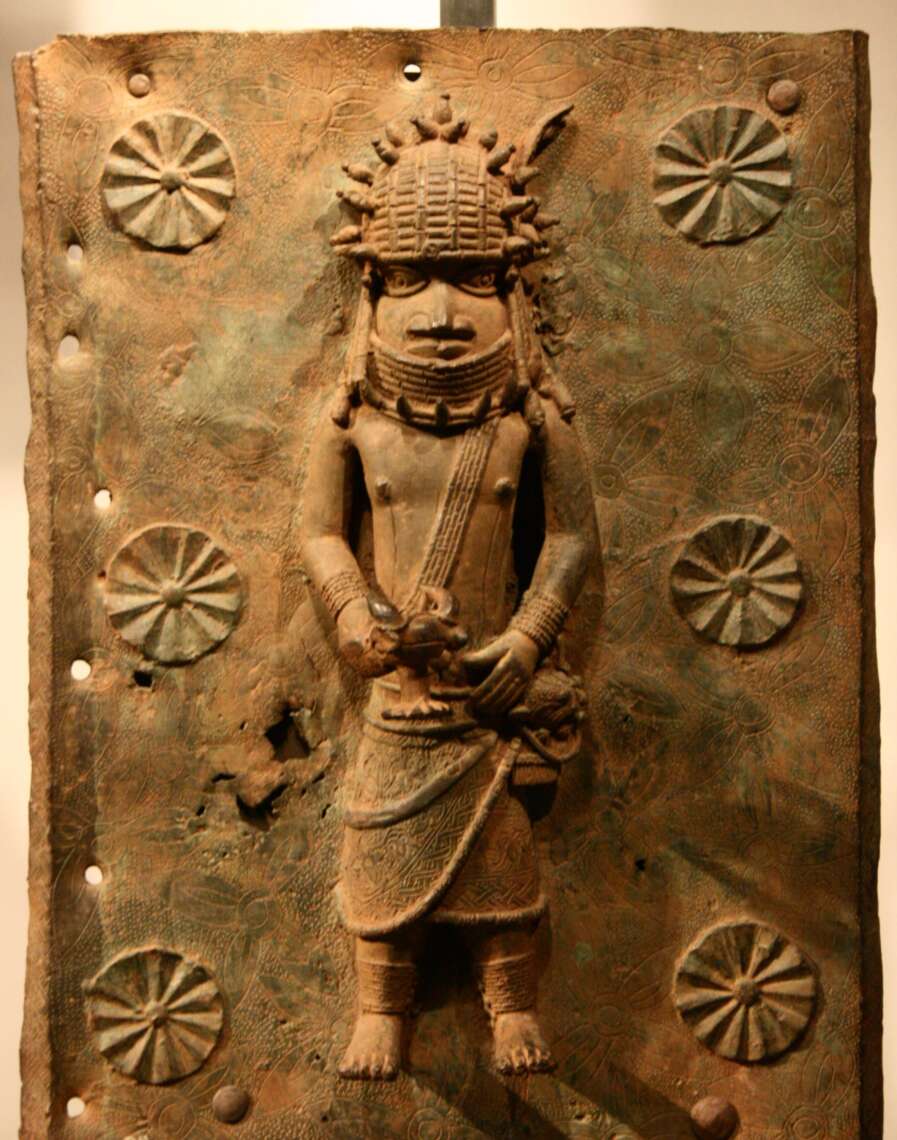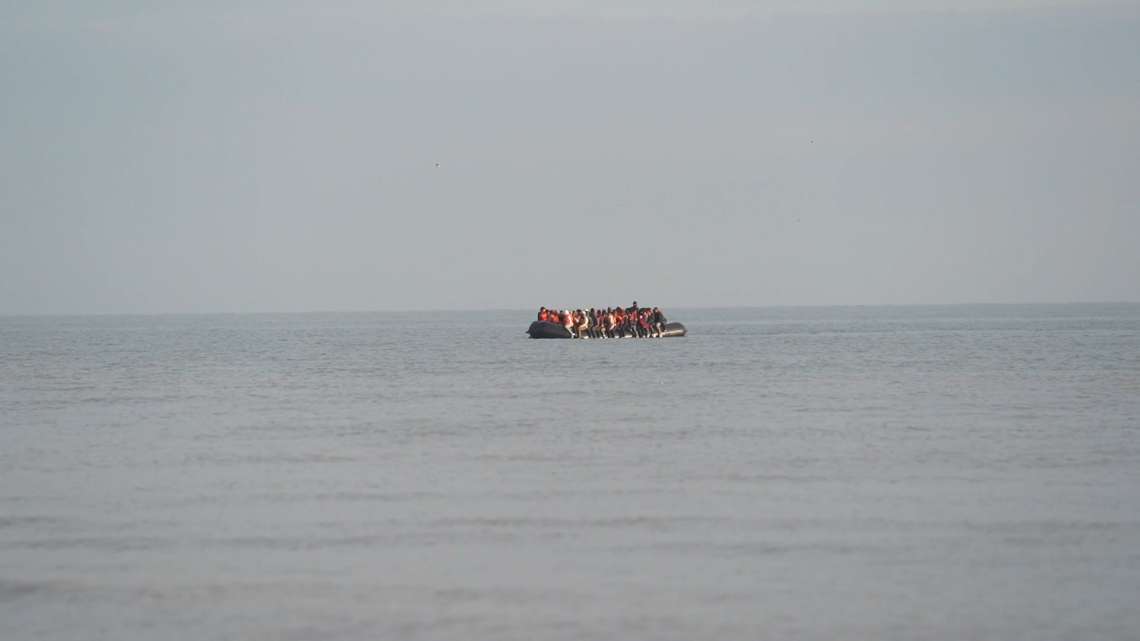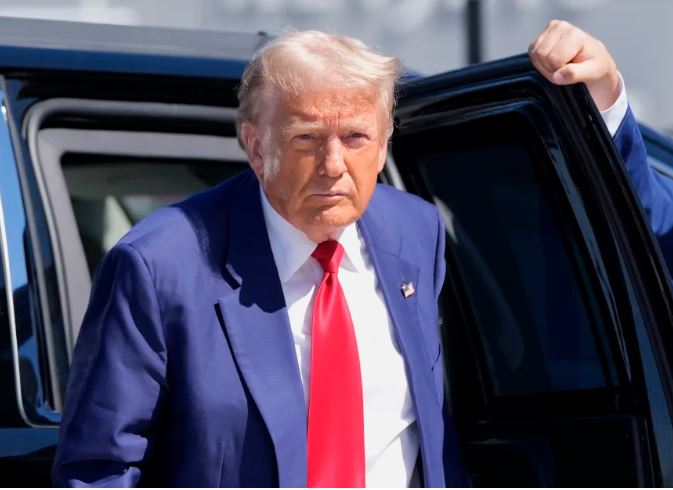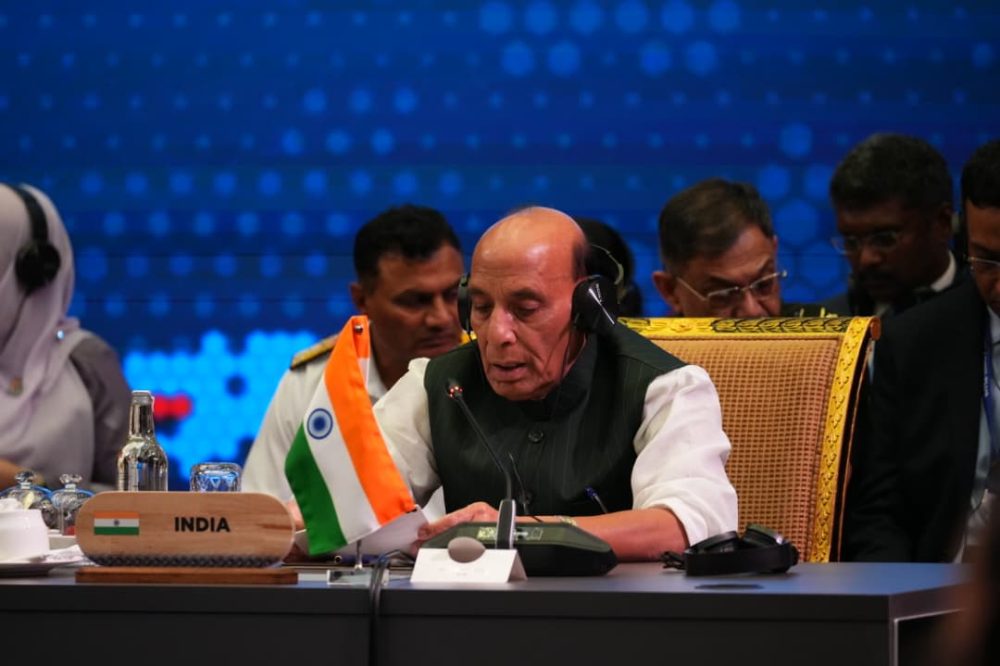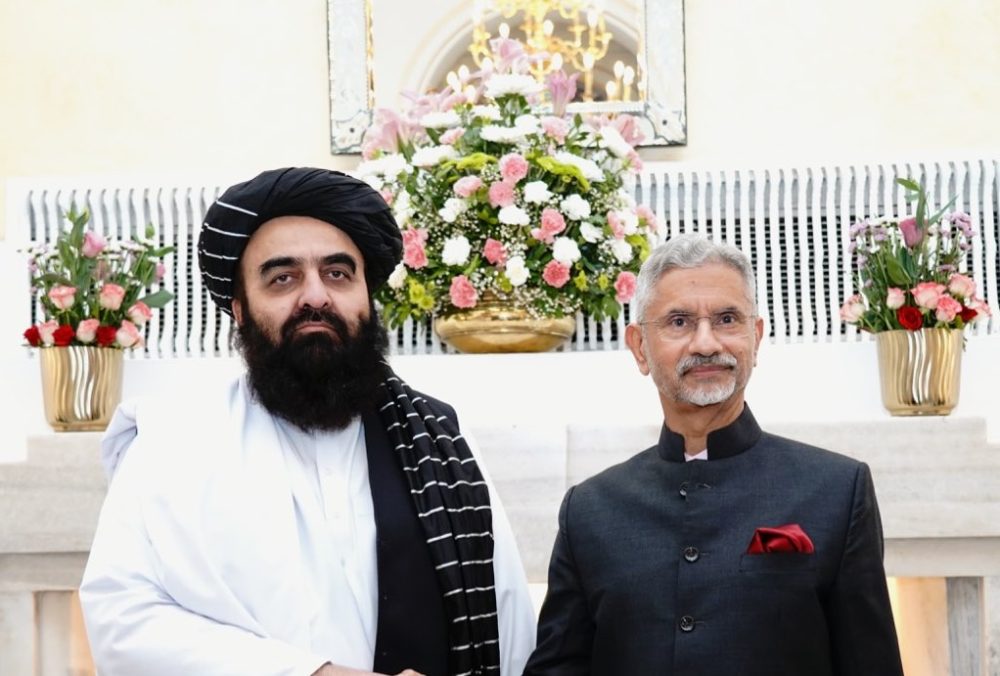Violence erupts at anti-immigration protest in The Hague: police car torched, D66 office vandalised, dozens arrested, as Dutch election campaign heats up over asylum policy.
A mass anti-immigration protest in The Hague turned violent on Saturday, with demonstrators clashing with police, torching a police car and vandalising the headquarters of the liberal D66 party. Dutch authorities deployed tear gas and water cannons in an attempt to restore order, as unrest spread from the designated protest site into city streets.
The demonstration was organised by far-right activist Els Rechts and drew thousands to the Malieveld, a wide green square often used for rallies. Participants gathered to demand tougher immigration and asylum measures, a hot-button issue dominating Dutch politics ahead of next month’s snap general election. Though organisers had urged a peaceful protest, the event spiralled out of control as groups of masked individuals and far-right sympathisers broke away from the main gathering.
Violence Erupts in the City
The clashes began when protesters attempted to move onto the A12 highway, throwing bottles, rocks and sticks at officers blocking their path. Police reported that one vehicle was set on fire and several bins were torched near the D66 headquarters on Lange Houtstraat. Windows of the party’s offices were smashed, though no staff were present inside at the time.
Riot police quickly escalated their response, deploying water cannons and tear gas against the most aggressive demonstrators. Around thirty arrests were made, and officials confirmed that at least two officers sustained injuries during the confrontations. Authorities also announced that camera footage was being reviewed, with the possibility of further arrests in the coming days.
Condemnation Across Political Spectrum
The violence prompted swift condemnation from political leaders across party lines. Rob Jetten, leader of the centrist D66, described the attack on his party’s offices as “scum behaviour,” vowing that extremists would not intimidate his party or undermine Dutch democracy. Caretaker Prime Minister Dick Schoof called the unrest “completely unacceptable,” stressing that while peaceful protest is a democratic right, violence would not be tolerated.
Even Geert Wilders, leader of the far-right Party for Freedom (PVV), distanced himself from the rioters. Wilders, who had been invited to address the rally but declined, condemned the violence as “utterly unacceptable.” He insisted that genuine debate over migration policy must take place within democratic institutions, not through street violence.
Immigration and the Election Campaign
The timing of the protest underscores its political significance. The Netherlands heads to the polls on October 29 following the collapse of the previous coalition government in June. Disagreements over asylum and refugee policy proved fatal for the coalition, with Wilders pulling his PVV from the government after accusing partners of blocking tougher restrictions.
Immigration has long been one of the most divisive issues in Dutch politics. While right-wing parties push for tighter border controls and limits on asylum, centrist and left-wing parties argue that international obligations and humanitarian commitments must be upheld. Saturday’s unrest may harden positions further, with both sides seeking to capitalise on the public debate.
Organiser Expresses Regret
In the aftermath of the clashes, Els Rechts expressed regret that the protest had descended into chaos. She insisted that her intention was to stage a peaceful rally and suggested that had she foreseen the violence, she would not have organised the demonstration in its current form.
Despite her remarks, the events have left a lasting mark on the Dutch political scene. What began as a rally to highlight migration concerns has instead drawn attention to the rise of political extremism, the threat of violence in public demonstrations, and the strain on Dutch law enforcement.
As campaigning intensifies in the run-up to the October vote, the fallout from The Hague will likely shape the national conversation. The violence has sharpened questions about how far-right activism is influencing political discourse, how authorities respond to civil unrest, and whether immigration will ultimately dominate the ballot box.
For now, the Netherlands finds itself balancing the right to protest with the need to maintain public order — a test that will continue to play out in the weeks ahead.


